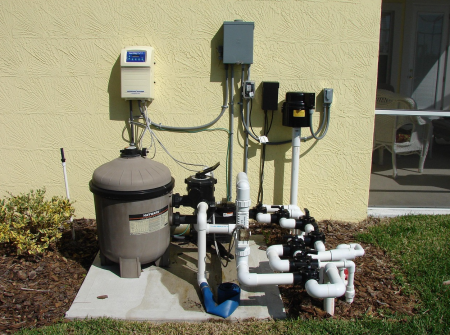Bees are essential to our environment, acting as nature’s pollinators and helping maintain the balance of ecosystems. However, while their presence benefits gardens and crops, bees nesting in unwanted locations like inside walls, attics, or close to busy human spaces can pose risks. Removing them is sometimes necessary, but doing so responsibly is crucial for both human safety and bee conservation.
In this blog post, we’ll explore why humane bee removal is so important for you and the bees. Read on!
1. Human Safety Protection
While bees generally aren’t aggressive, they will defend their nests if they feel threatened. Swarms can pose a real danger, especially for individuals who are allergic to bee stings. In residential or commercial spaces, an established hive can lead to an increased chance of stings, particularly for children or pets who unknowingly come too close.
Additionally, large bee colonies can damage structures over time. Hives built inside walls or roofs can lead to long-term issues like weakened foundations or honey leakage, attracting pests such as ants and rodents. Removing bees properly ensures that these risks are mitigated while preventing structural damage.
2. Bee Population Protection
Despite the necessity of relocating bees in some circumstances, their importance in maintaining biodiversity and food production cannot be overstated. Bees pollinate plants that produce fruits, vegetables, and nuts—without them, global food supplies would be in jeopardy. Because bee populations have declined in recent years due to habitat loss, pesticides, and climate change, killing them outright would only worsen the problem.
Responsible bee removal focuses on preservation rather than extermination. Professional bee removers relocate the hive to a safer, more suitable environment, guaranteeing that colonies continue their essential work while no longer posing a risk to humans.
3. Environmental Benefits
Removing bees properly and relocating them to bee farms or protected areas helps sustain biodiversity. Bees contribute to plant reproduction, making them key players in local ecosystems. A thriving bee population supports food chains, ensuring plants and animals dependent on pollinated crops remain healthy.
Moreover, many conservation groups rely on ethical bee removal services to prevent colony destruction. Every hive saved strengthens the population and enhances conservation efforts aimed at reversing the decline in bee numbers.
4. Legal and Ethical Considerations
In many regions, bees are protected by conservation laws, and exterminating them without proper authorization can result in legal consequences. Governments and environmental organizations recognize their role in food production and biodiversity, making humane removal the preferred approach.
Ethically, preserving bees aligns with our duty to protect the environment. Opting for relocation rather than extermination guarantees responsible stewardship of nature while reducing harm to an already struggling bee population.
5. Sustainable Solutions
When dealing with bee infestations, removal alone isn’t enough—taking proactive measures to prevent their return is key. Natural deterrents, such as planting bee-friendly flowers away from high-traffic areas, using bee-repelling essential oils, or sealing entry points in homes, can help prevent unwanted hive formations. Supporting local beekeepers also aids conservation efforts, ensuring displaced colonies have safe spaces to thrive.
Bee removal is more than just an inconvenience—it’s a responsibility. Ensuring the safety of both humans and bees requires a careful, humane approach that prioritizes relocation over extermination. By protecting bee populations, we help sustain ecosystems, support pollination, and contribute to biodiversity.
If you ever find yourself dealing with an unwanted hive, don’t take matters into your own hands. Instead, reach out to professional bee removal services, such as Nelson’s Bee Removal. They’ll ensure the bees are moved to a suitable environment where they can continue their vital work without posing a risk. Protecting these incredible creatures is a small step that makes a big difference—for them, for us, and for the planet.







